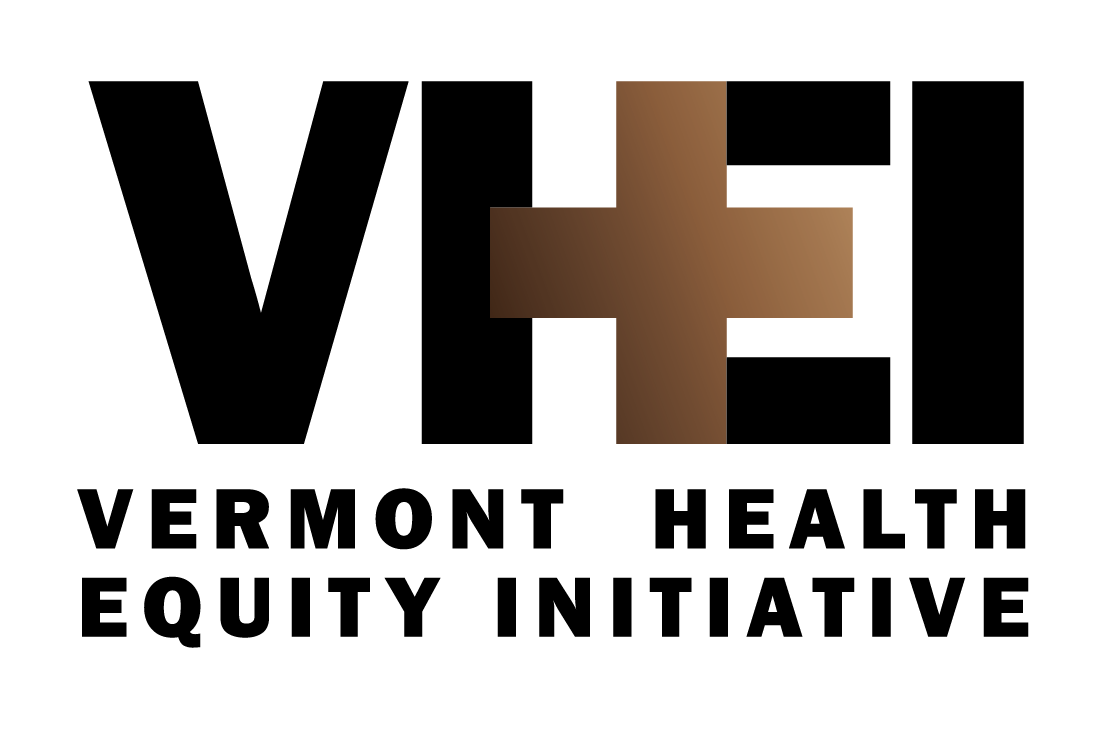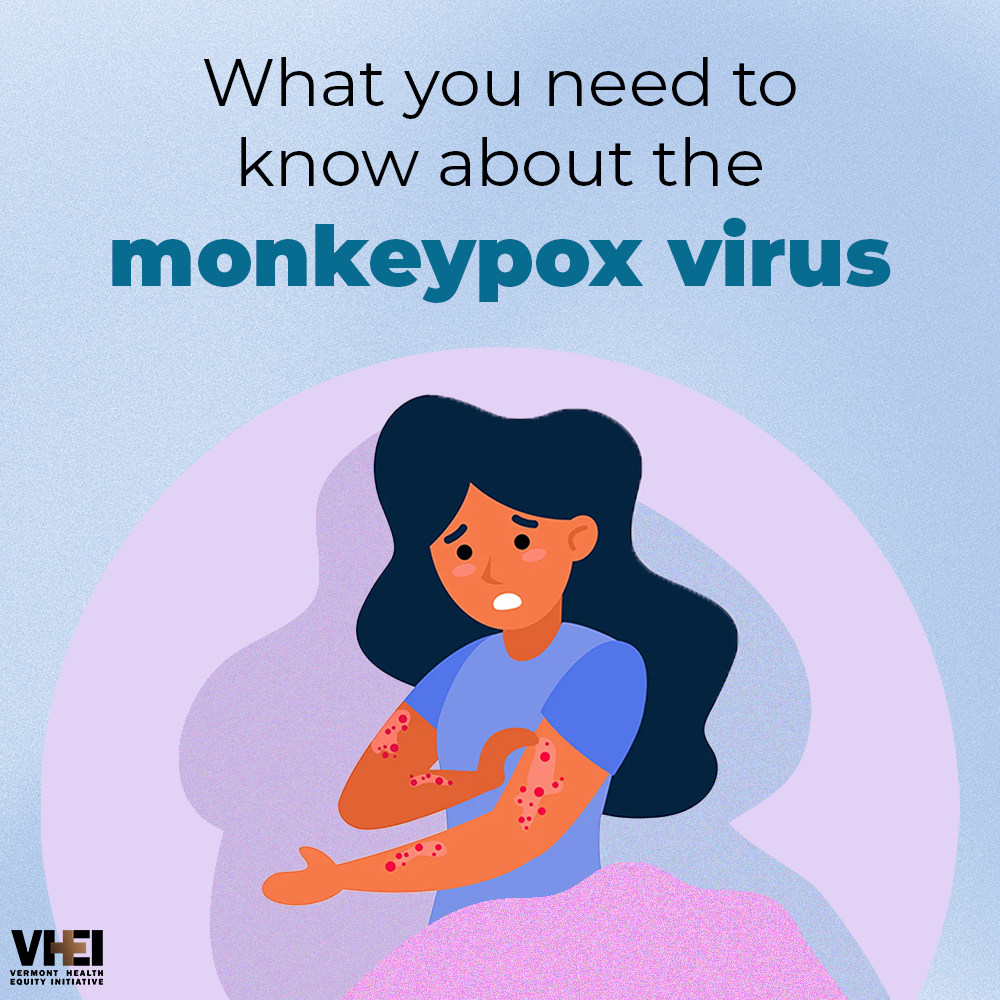VHEI • Vaccines • Mental Health • Dental Health • Social Determinants • All
VHEI works to address and eliminate disparities in healthcare for marginalized communities through targeted outreach, education programs, and direct medical services. Our efforts focus on addressing the root causes of health disparities, empowering BIPOC Vermonters to take charge of their health.
The Connection Between Oral Health and Overall Life Expectancy
Oral health is a crucial indicator of overall health. Most oral diseases and conditions share risk factors with the leading noncommunicable diseases (cardiovascular diseases, cancer, chronic respiratory diseases, and diabetes). These risk factors include tobacco use, alcohol consumption, and unhealthy diets high in free sugars, all traditionally seen at higher rates in BIPOC communities.
What Are The Social Determinants of Health?
Social Determinants of Health are the social, economic, and environmental factors that impact health and contribute to health disparities. For Black Americans, several SDOHs disproportionately affect health outcomes. These include economic status, education access, healthcare access, neighborhood and built environment, and social and community contexts.
Why Are BIPOC Communities Less Likely To Receive Oral Care And Treatment?
African American males have a relatively high rate of oral cancers, are typically diagnosed at later stages of the disease than other racial groups, and have a significantly lower 5-year survival rate. To learn more about the importance of dental health, check out Grin! Magazine from our partner Northeast Delta Dental.
How SDOH Holds Back Black Communities
In honor of Black History Month, we at the Vermont Health Equity Initiative (VHEI) are committed to acknowledging the ongoing struggles of the Black community and working towards creating a more equitable and inclusive healthcare system.
Discussions By Us, For Us, About Us
This past October, VHEI’s Co-founder Weiwei Wang led a panel discussion at the Health Equity Summit hosted by The University of Vermont Medical Center.
A Conversation With Dr. Marissa Coleman
This past October, VHEI’s Co-Founder and Program Director, Belan Antensaye, sat down with Dr. Marissa Coleman of The University of Vermont Medical Center to ask Coleman for her insights on the complexities of mental health within the BIPOC community.
Racial Disparities In Monkeypox Vaccines
The CDC is working towards equitably balancing resources for outbreak response in non-endemic countries with control in endemic countries (e.g., access and distribution of vaccines and therapeutics).
What You Need To Know About Long COVID
While most people who develop COVID-19 fully recover, some people develop a variety of mid- and long-term effects. People may also experience psychological effects as part of post COVID-19 condition.
What You Need To Know About The Monkeypox Virus
The first human case of monkeypox was recorded in 1970. Prior to the 2022 outbreak, monkeypox had been reported in people in several central and western African countries. Previously, almost all monkeypox cases in people outside of Africa were linked to international travel to countries where the disease commonly occurs or through imported animals. These cases occurred on multiple continents.
Bebe Moore Campbell Minority Mental health Awareness Month
Bebe Moore Campbell was a pioneer in advocating for equitable mental health care, especially for Black and African-American communities. Through her best-selling books and powerful NPR commentations, she spoke on the harmful mental health stigma in black communities, and how that affected her experience as a Black woman in America.












